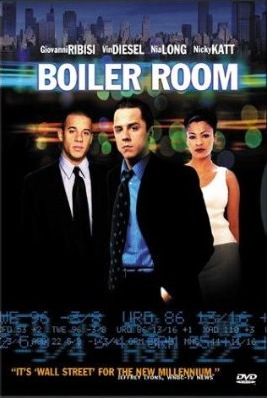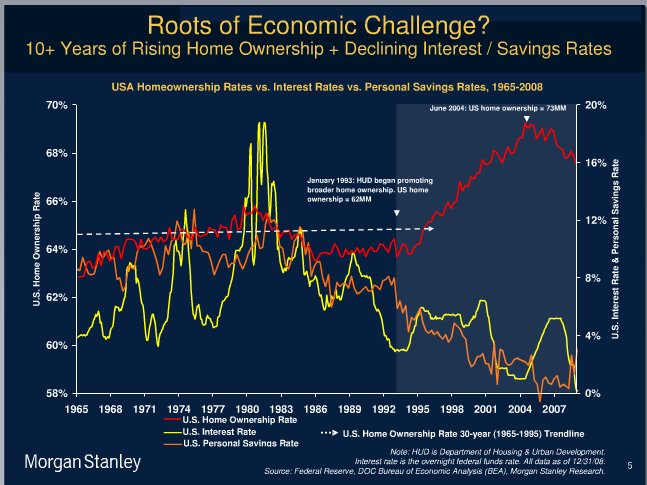The $1,090,000,000,000 Credit Card Bill
This month the US Federal deficit passed $1.09 Trillion. That’s the amount of money the US has borrowed so far this year. It does not include debt from past years. The previous record was about $500 Billion.
It’s a pretty ignominious accomplishment. And since the year is not yet over, and the US continues to spend, the debt is continuing to pile up. Based on current spending projections, this year’s debt is expected to hit nearly $2 Trillion by October.
How much is $2 Trillion? It’s about $6,500 per person in the US. For a family of four, that’s about $26,000 in debt accumulated this year. Â That’s on top of all previous debt, as well as any consumer or household debts.
But does it really matter? It isn’t like the taxpayers will ever have to pay this debt, right?
Wrong.
The US government’s credit rating is so good it is considered “risk free” by most of the world. The people who loaned the US this money absolutely expect to be paid back. If they are not, it will rock the worldwide financial markets so strongly it will make the recent financial crisis look tame by comparison.
The only ways the US government can pay back that debt are 1) by raising taxes and / or lowering spending, or 2) by devaluing the US dollar through inflation. Higher taxes means less money to hire employees, and less money for those employees to take home and spend. Â Inflation makes the dollar worth less relative to other commodities, goods, or services. But while it makes the US debt effectively smaller, it also lowers the value of everyone’s existing savings, investments, and retirement funds.
Given the politics of Washington, DC, which do you think is the more likely scenario?
Posted in Article | No commentsApple’s Board is Wrong
First, some disclosures: Â I’ve met Steve Jobs; we live near each other and have several friends and acquaintances in common. Â Also, my wife worked at Apple for a while, and we have a number of friends who still work there. Â Notwithstanding his reputation as a tough boss, the limited interactions I’ve had with Steve have all been pleasant, and he has been very gracious. Â I also hold Apple stock.
Recently, we’ve learned that Steve Jobs had liver transplant surgery in Tennessee two months ago. Â This has led to a public debate about whether or not Apple’s board should have revealed the extent and significance of Steve’s ongoing health issues.
On the one side are professional investors, such as Warren Buffett, who say the information is material, and therefor should have been revealed.
On the other side is Apple’s Board, supported by many members of the public, who say Steve’s health issues are a personal and private matter, and really nobody’s business. Â It’s a compelling argument, and is consistent with most people’s beliefs that health matters should always be private.
But they are wrong. Read more…
Posted in Article | No commentsFDIC Insurance Premiums and Moral Hazard
One of the challenges the insurance industry faces is “Moral Hazard.”
Moral hazard is a the observed phenomenon whereby, because something is insured, it becomes more likely to occur. If a bad event (e.g. breakage or theft) will cost a certain amount, then if that event is insured, it will cost a bit less. This makes the bad event less bad–which is the point of insurance. Unfortunately, it also means that the insured person will not work quite as hard to prevent the bad event from happening, or, in extreme cases, may even cause the bad event to occur.
A silly illustration: if a grocery store could somehow insure every dozen eggs for $1000 against breakage, “Moral Hazard” is the insurance industry’s way of recognizing that there would somehow be a lot of broken eggs.
Posted in Article | 1 commentAre You Ready to Give Your Tax Returns to Amex?
American Express has begun demanding that some of their customers send in copies of their personal tax returns or face a cancellation of their account. These US tax returns are then sent to India for review.
Customers who refused to send copies of their personal tax returns to American Express have had their accounts closed with prejudice. They lose any reward points they may have accumulated, are required to immediately pay off the balance of any revolving credit, and have a negative report sent to the credit rating agencies, which results in a drop in their credit score. If they fail to immediately pay off the revolving credit in full, they are sent to collections and face additional penalties.
Posted in Article | 2 commentsHigh Tech Boiler Room

The 2000 film Boiler Room depicts the seedy world of the “pump-and-dump” scam. In it, a broker purchases a large block of public stock in a shell (i.e. empty) company. The firm then calls potential clients to pitch them the same stock. This drives up (“pumps”) the price, making it appear to be a runaway stock, thus attracting more buyers and driving the price higher.
When the price is high enough, the broker “dumps” their own shares at a huge profit and walks away. The result is that the buyers are left holding stock in a worthless, basically non-existent company, which promptly falls back to zero, wiping out the investors.
Which brings us to Silicon Valley. Over the past decade or so, Silicon Valley has morphed from a region that was the builder of great companies (Apple, HP, Intuit, Cisco, Oracle, etc), into perhaps the greatest generator of “pump and dump” stocks.
Posted in Article | No comments
Home Ownership vs. Interest and Savings Rates
A friend recently sent me a link to this chart. I think the implied correlation of interest rates to home ownership is questionable. On the other hand, it’s pretty clear that the savings rate and the interest rate are highly correlated.
Posted in Article | 2 commentsThe Well of Infinite Depth
In high school calculus I remember learning about an equation for a 3-dimensional shape whose walls stretch to infinite, but whose volume is limited. Imagine that! It’s like a flower vase that stretches from the earth to the moon, and off to the stars, but which only holds a cup of water.
It’s really neat in theory. Â But it doesn’t hold up in the real world.
A lot of economic theories are like that.  They assume that the financial world is infinitely deep, and that their actions are just a tiny part of that. And they may even work—so long as most people don’t use them. Read more…
Posted in Article | 1 commentProstitution, Drugs, Pornography, Gambling, and Religion
When I revamped Stanford’s program in Entrepreneurship in the early 1990s, I got to thinking about all the types of businesses people start.
As I thought about the various business models, I realized I could boil them down to some basic characteristics, mostly around what they were selling. Â Some companies were based on people (e.g. services companies), some required large up-front investments, but had low marginal costs (such as software), and so forth. Â I found that people who were good at one of these business models often had trouble understanding or working in the others.
The basic business models I identified could be loosely identified as:
- Prostitution
- Drugs
- Pornography
- Gambling
- Religion
These are business models, and have nothing to do with the specific products or services being offered. Read more…
Posted in Article | 1 commentStimulating Interest Rates
Conventional wisdom says that in a recession, the government should lower interest rates to help stimulate the economy. Â Unfortunately, this is like saying the cure for a bad hangover is a bottle of whiskey. Read more…
Posted in Article | 4 commentsGeneration X Gets a Double Whammy
Sometimes the timing of recessions in your life matters. If they occur at the end of your career, you should have enough cushion to ride things out. If they are early enough, you can reduce your expenditures, move in with your parents or friends, and seek low-paying jobs to hold you over.
But what happens when you get hit with two recessions back-to-back when you are starting a family, just buying your first house, and just beginning to build a career? You can only reduce expenses so much, especially with kids. And you don’t have much cushion.
Here’s an interesting little bit about the effect of the current and past recession on Generation X (born 1961 – 1981).
www.msnbc.msn.com/id/29497408/
Posted in Article | No comments